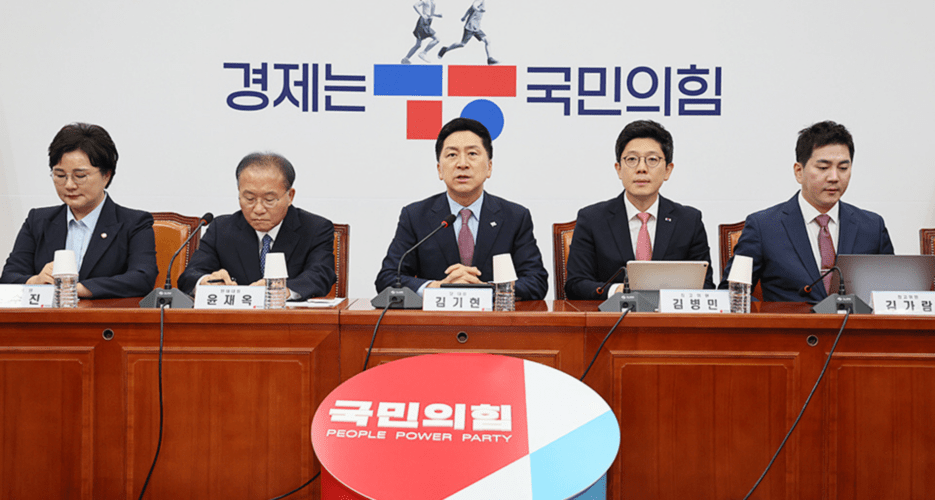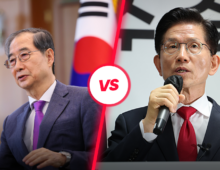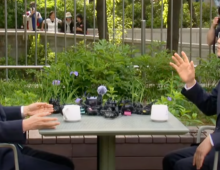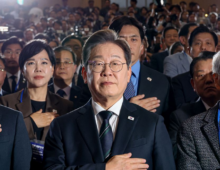Kim Gi-hyeon, leader of South Korea’s ruling People Power Party, drew a direct link between North Korea’s directives and the recent spate of public demonstrations in South Korea during a policy seminar at the National Assembly on Wednesday. Addressing issues ranging from the Itaewon crowd crush incident to protests against Japan’s release of contaminated water from the Fukushima nuclear power plant, Kim expressed his concerns over the influence of North Korean spies in orchestrating “anti-state” demonstrations. Additionally, Kim voiced apprehensions about demands that challenge the foundation of the U.S.-ROK alliance, such as calls to halt joint military exercises and withdraw American troops.
Addressing another significant development, Kim commented on the impending transfer of the National Intelligence Service’s authority to probe North Korean espionage to the police, set for Jan. 2024. This move comes as a result of amendments made to the National Intelligence Service Act during former President Moon Jae-in’s tenure. Kim conveyed reservations about the transition, suggesting it might equate to a relinquishment rather than a mere shifting of responsibilities.
Kim Gi-hyeon, leader of South Korea’s ruling People Power Party, drew a direct link between North Korea’s directives and the recent spate of public demonstrations in South Korea during a policy seminar at the National Assembly on Wednesday. Addressing issues ranging from the Itaewon crowd crush incident to protests against Japan’s release of contaminated water from the Fukushima nuclear power plant, Kim expressed his concerns over the influence of North Korean spies in orchestrating “anti-state” demonstrations. Additionally, Kim voiced apprehensions about demands that challenge the foundation of the U.S.-ROK alliance, such as calls to halt joint military exercises and withdraw American troops.
Addressing another significant development, Kim commented on the impending transfer of the National Intelligence Service’s authority to probe North Korean espionage to the police, set for Jan. 2024. This move comes as a result of amendments made to the National Intelligence Service Act during former President Moon Jae-in’s tenure. Kim conveyed reservations about the transition, suggesting it might equate to a relinquishment rather than a mere shifting of responsibilities.
Get your
KoreaPro
subscription today!
Unlock article access by becoming a KOREA PRO member today!
Unlock your access
to all our features.
Standard Annual plan includes:
-
Receive full archive access, full suite of newsletter products
-
Month in Review via email and the KOREA PRO website
-
Exclusive invites and priority access to member events
-
One year of access to NK News and NK News podcast
There are three plans available:
Lite, Standard and
Premium.
Explore which would be
the best one for you.
Explore membership options
© Korea Risk Group. All rights reserved.
No part of this content may be reproduced, distributed, or used for
commercial purposes without prior written permission from Korea Risk
Group.












